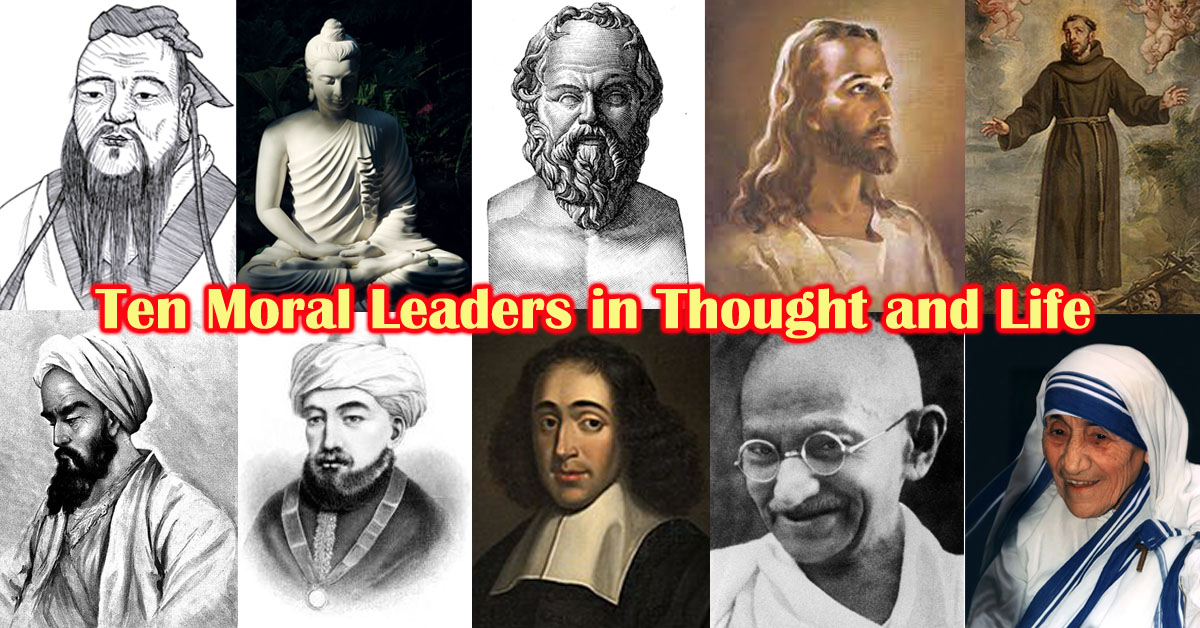Dr Saheb Sahu
Jesus (c4BC-30 or 33CE), also referred to as Jesus Christ or Jesus of Nazareth is the central figure of Christianity. Did Jesus exist? Virtually all modern scholars of antiquity agree that Jesus existed historically. Jesus was a Galilean Jew who was baptized by John the Baptist, began his own ministry, and was referred to as “rabbi” (a Jewish scholar or teacher). Jesus debated with fellow Jews on how to best follow God, engaged in healing, taught in parables, and gathered followers.
He was arrested and tried by Jewish authorities, turned over to the Roman government, and crucified on the order of Pontius Pilate, the Roman prefect of Jerusalem. After his death, his followers believed he rose from the dead, and the community they formed eventually became the early Christian Church. Accounts of his teachings and life were initially conserved by oral transmission, which was the source of the written Gospels in the Christian Bible. The word “Gospel” means “good news” or “good telling”. There are four Gospels in the New Testament-Mathew, Mark, Luke, and John. The four Gospels tell the story of Jesus with slight variations.
Teachings of Jesus
Jesus taught with simplicity, required by his audiences, with interesting stories, with similes and metaphors. The parables form that he used was customary in the East. Some of his sayings are obscure, some are sharp with sarcasm and bitterness; nearly all of them are models of brevity, clarity, and force.
The Kingdom of Heaven was at hand he said; soon God would put an end to the reign of wickedness on earth. What did he meant by Kingdom? Many have interpreted the Kingdom as a communist utopia, and seen in Jesus a social revolutionist. The Gospels provide some evidence for this view. Jesus scorned the man whose chief purpose in life is to mass money and luxuries. He promised hunger and woe to the rich and comforted the poor with Beatitudes (the blessings listed by Jesus in the Sermon on the Mount) that pledged them the Kingdom. To the rich youth who asked what he should so besides keeping the commandments, Jesus answered: “Sell your property, give your money to the poor and … follow me”.
Jesus does not seem to have thought of ending poverty; “the poor ye have always with you”. He takes for granted, like all the people of the era, that a slave’s duty is to serve his master well. He is not concerned to attack existing political or economic institution. The revolution he sought was a far deeper one. If he could cleanse the human heart of selfish desire, cruelty, lust, utopia would come of itself and the consequent need for law would disappear. Jesus was in this sense the greatest revolutionist in history (Durant).
His achievement lay not in a new state, but outlining an ideal morality. Hence the Beatitudes, with their unprecedented exaltation of humility, poverty, gentleness, and peace; the counsel to turn the other cheek, be as little children; the indifference to economic provision, property, government; the preference of celibacy to marriage; the command to abandon all family ties. It was an ethics limited in purpose but universal in scope. It applied the conception of brotherhood and the Golden Rule to foreigners and enemies as to neighbors and friends.
Were these moral ideas new? Nothing is new except the arrangements, says Durant. All of Jesus’s ideas came from Jewish teachings. ‘Thou shalt love thy neighbor as thyself” said Leviticus (a book in Jewish Torah). Hillel (a Jewish rabbi) like Confucius had phrased the Golden Rule. Nonetheless, Jesus transformed everything by the force of his character and his feelings (Durant).
The Beatitudes (the statement of Blessedness) also Known as Sermon on the Mount)
Now when he saw the crowds, he went up on a mountainside and sat down. His disciples came to Him, and He began to teach them, saying:
Blessed are the poor in spirit, for theirs is the kingdom of heaven.
Blessed are those who mourn, for they will be comforted.
Blessed are the meek, for they will inherit the earth.
Blessed are those who hunger and thirst after righteousness,
For they will be filled.
Blessed are the merciful, for they shall be shown mercy.
Blessed are the pure in heart, for they will see God.
Blessed are the peacemakers, for they will be called the sons of God.
Blessed are those who are persecuted because of righteousness, for theirs is the kingdom of heaven.
Blessed are you when people insult you, persecute you and falsely say all kinds of evil against you because of me. 12Rejoice and be glad, because great is your reward in heaven, for in the same way they persecuted the prophets who were before you.
Mathew, 5:1-12
Love for Enemies
“You have heard that it was said, “You shall love your neighbor and hate your enemy. But I say to you, Love your enemies and pray for those who persecute you, so that you may be children of your Father in heaven…”
Mathew, 5:43-45
Serving Two Masters
“No one can serve two masters; for a slave will either hate one and love the other, or be devoted to one and despise the other. You cannot serve God and wealth”.
Mathew6:24
Judging Others
“Do not judge, so that you may not be judged”.
Mathew7:1
The Golden Rule
“In everything you do to others as you would have them do to you; for this the law and the prophets”.
Mathew7:12
Sources
Will Durant. The Story of Civilization, Vol-111, Caesar and Christ. Simon and Schuster, New York: 1944
2-The Holy Bible, New Revised Standard Version. Holman Bible Publishers. Nashville, Tennessee: 1989



